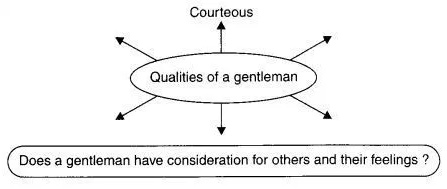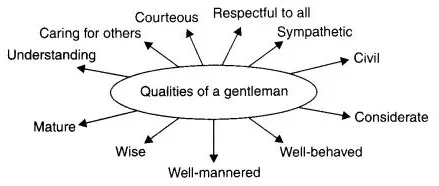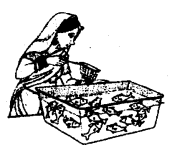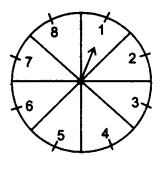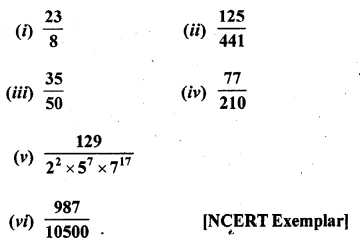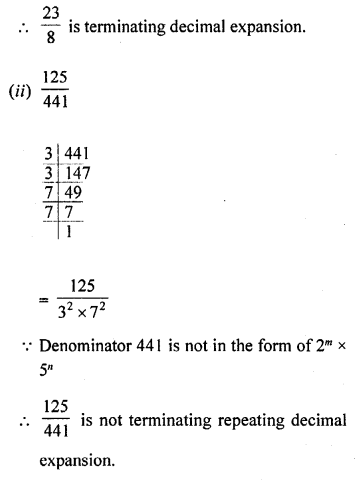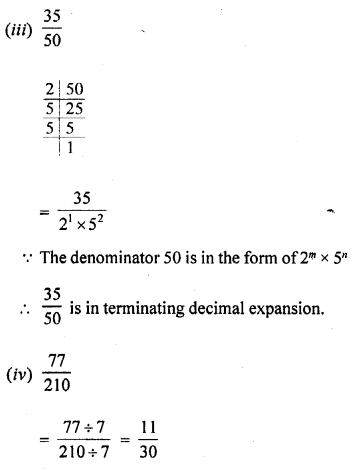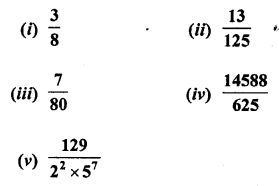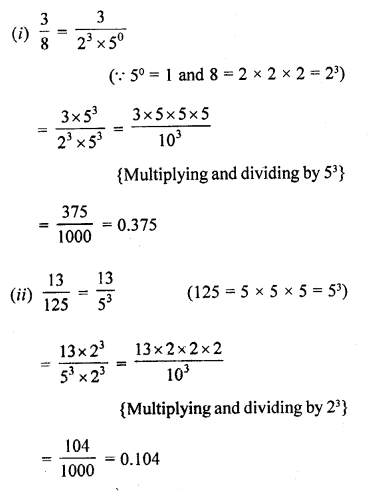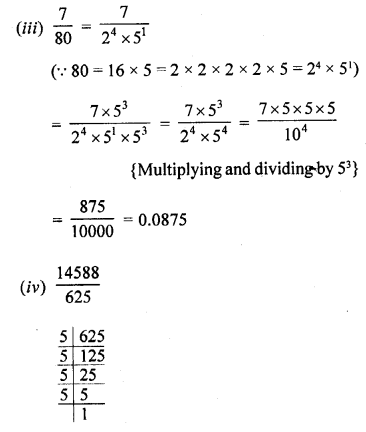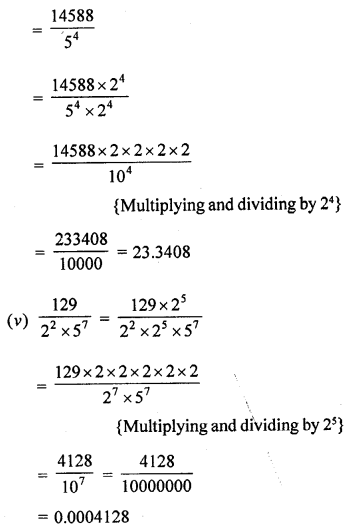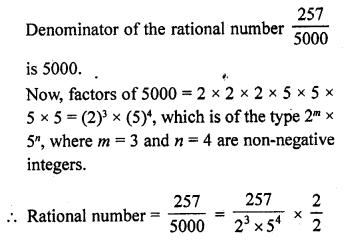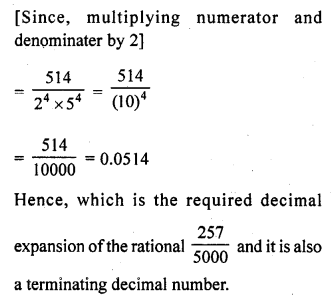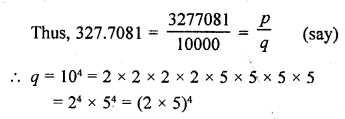NCERT Solutions for Class 10 English First Flight Chapter 8 Mijbil the Otter are part of NCERT Solutions for Class 10 English. Here we have given NCERT Solutions for Class 10 English First Flight Chapter 8 Mijbil the Otter.
| Board | CBSE |
| Textbook | NCERT |
| Class | Class 10 |
| Subject | English First Flight |
| Chapter | Chapter 8 |
| Chapter Name | Mijbil the Otter |
| Category | NCERT Solutions |
NCERT Solutions for Class 10 English First Flight Chapter 8 Mijbil the Otter
TEXTUAL EXERCISES
ORAL COMPREHENSION CHECK
(Page 106)
Question 1.
What ‘experiment’ did Maxwell think Camusfearna would be suitable for ?
Answer:
Camusfearna would be suitable for keeping an otter. It is because it was ringed by water at a very short distance. Otters live mainly in water.
Question 2.
Why does he go to Basra ? How long does he wait there, and why ?
Answer:
The author went to Basra to the Consulate-General to collect and answer mail from Europe. He waited there for five days. It was because there were various problems in getting the mail.
Question 3.
How does he get the otter ? Does he like it ? Pick out the words that tell you this.
Or
How did Max get an otter ? (CBSE 2011)
Answer:
He got the otter from the two Arabs. He went to the bedroom with the mail. He saw a sack having the otter. The Arabs told him that otter was his. The author liked it. This is seen in : “The second night Mijbil came on to my bed in the small hours and remained asleep in the crook of my knees …”, “I made a body-belt for him …”.
Question 4.
Why was the otter named ‘Maxwell’s otter’ ? (CBSE 2011)
Answer:
The otter was named ‘Maxwell’s otter’. It was because his race was not previously known to science before this otter (Mij). It was kept by Maxwell himself.
Question 5.
Tick the right answer. In the beginning, the otter was
- aloof and indifferent
- friendly
- hostile
Answer:
- aloof and indifferent
Question 6.
What happened when Maxwell took Mijbil to the bathroom ? What did it do two days after that ? (CBSE 2011)
Or
What happened when Maxwell took Mijbil to the bathroom ? (CBSE 2014)
Answer:
For half an hour the otter went wild with joy in the water. He plunged and rolled in it. He shot up and down the length of the bathtub underwater. He made enough slosh and splash.
After two days he escaped from the author’s bedroom. He entered the bathroom to play in water and the tap.
ORAL COMPREHENSION CHECK
(Page 108)
Question 1.
How was Mij to be transported to England ?
Answer:
Mij was to be transported to England by air. The British airline didn’t fly animals. So the author booked a flight to Paris on another airline and from there to London.
Question 2.
What did Mij do to the box ?
Answer:
Mij had torn the lining of the box to pieces.
Question 3.
Why did Maxwell put the otter back in the box ? How do you think he felt when he did this ?
Answer:
Maxwell put the otter back in the box. It was because the airline would not fly him without the box.
He felt tense. It was because it was just ten minutes until the time of the flight. Secondly, airport was five miles apart.
Question 4.
Why does Maxwell say the airhostess was “the very queen of her kind” ?
Answer:
Maxwell says this because the air hostess showed great kindness to the otter. She cooperated with him about the otter.
Question 5.
What happened when the box was opened ?
Answer:
When the box was opened the otter disappeared at high speed down the aircraft. There were noises all around “A rat ! A rat!”
ORAL COMPREHENSION CHECK
(Page 110)
Question 1.
What game had Mij invented ? (CBSE 2011)
Or
What game did Mij invent ? (CBSE 2016)
Answer:
Mij had invented the game of a ball and a suitcase. The suitcase had become out of use. Its lid lay at a certain slope. Mij would place the ball on the high end. He would run down the length of the suitcase. He would run to the other end to ambush the arrival of the ball.
Question 2.
What are ‘compulsive habits’ ? What does Maxwell say are the compulsive habits of (i) school children (ii) Mij ?
Or
What compulsive habits had Mijbil developed ? (CBSE 2015)
Answer:
‘Compulsive habits’ are those habits which are indulged in by the people at any cost. They become the integral part of the people’s lives through constant use.
(i) School children place their feet squarely on the centre of each paving block. They touch every seventh upright of the iron railings. They pass to the outside of every second lamp post.
(ii) Mij would tug the author to the wall of the school near his house. He would jump on to it. He would then gallop the full length of its thirty yards.
Question 3.
What group of animals do otters belong to ?
Answer:
Otters belong to the small group of animals called Mustellines. These are shared by the badger, mongoose, weasel, stoat, mink etc.
Question 4.
What guesses did the Londoners make about what Mij was ? (CBSE 2015)
Answer:
The Londoners made guesses that Mij was ‘a baby seal’,.‘a squirrel’ or ‘a walrus’. It was also ‘a beaver’, ‘a bear cub’, ‘a leopard’ and ‘a brontosaur’.
THINKING ABOUT THE TEXT
(Page 110)
Question 1.
What things does Mij do which tell you that he is an intelligent, friendly and fun-loving animal who needs love ?
Answer:
Mij plunges and rolls in water. He shoots up and down the bathtub underwater. He makes enough slosh and splash. He turns the water tap enough to produce a trickle of water. He screws it up tighter. He plays and juggles small objects between his paws lying on his back. He nuzzles the author’s face and neck. All these things show that Mij is an intelligent, friendly and fun-loving animal.
Question 2.
What are some of the things we come to know about otters from this text ?
Answer:
We know many things about otters. These are : their playing with fun, their opening the water taps, their love and friendship with the human beings, their other playful activities etc.
Question 3.
Why is Mij’s species now known to the world as Maxwell’s otter ?
Answer:
Mij’s species is now known to the world as Maxwell’s otter. It is because before Maxwell’s otter not much worth the name was known to science. In fact, Mijbil’s race was not known to anyone before Maxwell had his Mij.
Question 4.
Maxwell in the story speaks for the otter, Mij. He tells us what the otter feels and thinks on different occasions. Given below are some things the otter does. Complete the column on the right to say what Maxwell says about what Mij feels and thinks.
| What Mij does | How Mij feels or thinks |
| Plunges, rolls in the water and makes the water splosh and splash | (a)……………………………….. |
| Screws the tap in the wrong way | (b)………………………………. |
| Nuzzles Maxwell’s face and neck in the aeroplane | (c)………………………………. |
Answer:
(a) He thinks it is a hippo and is very happy.
(b) He chitters with irritation and disappointment.
(c) He feels much comfort and content after its distressed chitter.
Question 5.
Read the story and find the sentences where Maxwell describes his pet otter. Then choose and arrange your sentences to illustrate those statements below that you think are true. Maxwell’s description :
- makes Mij seem almost human, like a small boy.
- shows that he is often irritated with what Mij does.
- shows that he is often surprised by what Mij does.
- of Mij’s^antics is comical.
- shows that he observes the antics of Mij very carefully.
- shows that he thinks Mij is a very ordinary otter.
- shows that he thinks the otter is very unusual.
Answer:
- True
- False
- True
- False
- True
- False
- True
THINKING ABOUT LANGUAGE
(Page 111)
I. Describing a Repeated Action in the Past
From the table below, make as many correct sentences as you can using would and/or used to, as appropriate. (Hint : First decide whether the words in italics show an action, or a state or situation, in the past.) Then add two or three sentences of your own to it.
| Emperor Akbar | be fond of musical evenings. | |
| Every evening we | would | take long walks on the beach. |
| Fifty years ago, very few people | own cars. | |
| Till the 1980s, Shanghai | used to | have very dirty streets. |
| My uncle | spend his holidays by the sea. |
Answer:
- Emperor Akbar used to be fond of musical evenings.
- Every evening we would take long walks on the beach.
- Fifty years ago, very few people used to own cars.
- Till the 1980s, Shanghai used to have very dirty streets.
- My uncle would spend his holidays by the sea.
Sentences from my own side
- I used to,go to school on foot during my school days.
- At evenings my grandmother would relate stories from The Ramayana.
- They would play in the evenings for long hours.
II. Noun Modifiers
Question 1.
Look at these examples from the text, and say whether the modifiers (in italics) are nouns, proper nouns, or adjective plus noun :
- An otter fixation
- The iron railings
- The Tigris marshes
- The London streets
- soft velvet fur
- A four-footed soccer player
Answer:
- noun
- noun
- proper noun
- proper noun
- adjective plus noun
- adjective plus noun
Question 2.
Given below are some nouns, and a set of modifiers (in the box). Combine the nouns and modifiers to make as many appropriate phrases as you can. (Hint : The nouns and modifiers are all from the texts in this book.)


Answer:
a white temple, three college girls, a stone triangle, a love triangle, ordinary dresses, an incorrigible person, invigorating thoughts, hundred boys, a tremendous uproar, family gifts, a birthday handkerchief, an uncomfortable expression, rough time, first time, ridiculous subject, the panoramic landscape, a railroad crossing, a heartbreaking flight, the family profession, plump physique, bare coffee, a panoramic view, a loud farewell, a birthday celebration, a loud screen, a loud chatterbox.
III. Read this sentence :
He shook himself, and I half expected a cloud of dust.
The author uses a cloud of dust to give a picture of a large quantity of dust. Phrases like this indicate a particular quantity of something that is not usually countable. For example : a bit of land, a drop of blood, a pinch of salt, a piece of paper.
Question 1.
Match the words on the left with a word on the right. Some words on the left can go with more than one word on the right.
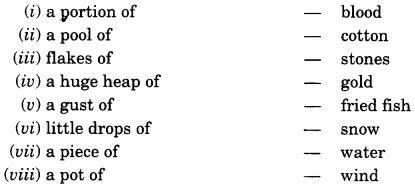
Answer:
- a portion of → fried fish
- a pool of → water
- flakes of → snow
- a huge heap of —> stones
- a gust of → wind
- little drops of → blood/water
- a piece of → cotton
- a pot of → gold
Question 2.
Use a bit ofta piece ofla bunch ofta cloud ofla lump of with the italicised nouns in the following sentences. The first has been done for you as an example,
(i) My teacher gave me some advice. My teacher gave me a bit of advice.
(ii) Can you give me some clay, please ……………………………………………………..
(iii) The information you gave was very useful. ……………………………………………………..
(iv) Because of these factories, smoke hangs over the city. ……………………………………………………..
(v) Two stones rubbed together can produce sparks of fire. ……………………………………………………..
(vi) He gave me some flowers on my birthday. ……………………………………………………..
Answer:
(ii) Can you give me a lump of clay please ?
(iii) The bit of information you gave was very useful.
(iv) Because of these factories a cloud of smoke hangs over the city.
(v) Two pieces of stone rubbed together can produce sparks of fire.
(vi) He gave me a bunch of flowers on my birthday.
SPEAKING
You have seen how Maxwell describes Mij the otter’s
Answer:
Mainly meant for playing at class level.
WRITING
Write a description of a person or an animal (such as a pet) that you know very well and love very much. Questions (4) and (5) in ‘Thinking about the Text’ will have given you some idea about how to do this. Mention some things the person or animal does, what you think the person or animal feels, etc.
Answer:
My Pet Dog Summi
I, like others, also keep a pet dog. His name is Summi. He is of Doberman species. He is black and brown in colour. He is very athletic and smart. He understands things from my face. When I have a frown on my face he bows down. Then he doesn’t look into my eyes. But when I call him joyfully to go for a walk, he bounces with a great pleasure. In fact, he always looks forward to it. When I throw a ball, he rushes out to catch it. When I ask in my language what he would like to eat, he stares at me curiously. From all these I feel that Summi understands everything, though he can’t speak.
We hope the NCERT Solutions for Class 10 English First Flight Chapter 8 Mijbil the Otter help you. If you have any query regarding NCERT Solutions for Class 10 English First Flight Chapter 8 Mijbil the Otter, drop a comment below and we will get back to you at the earliest.






